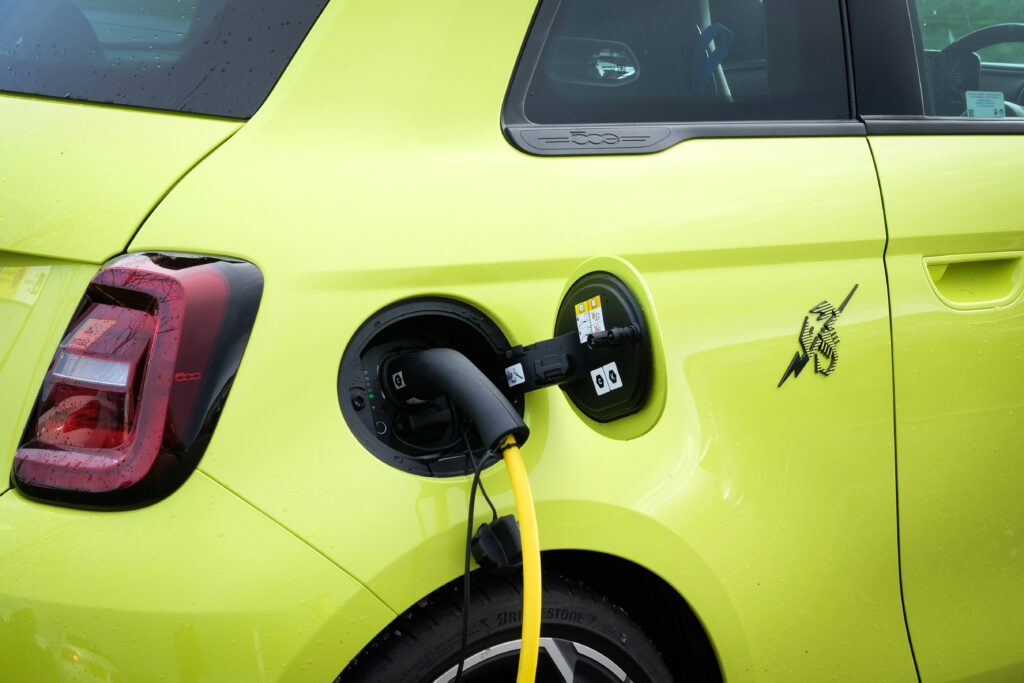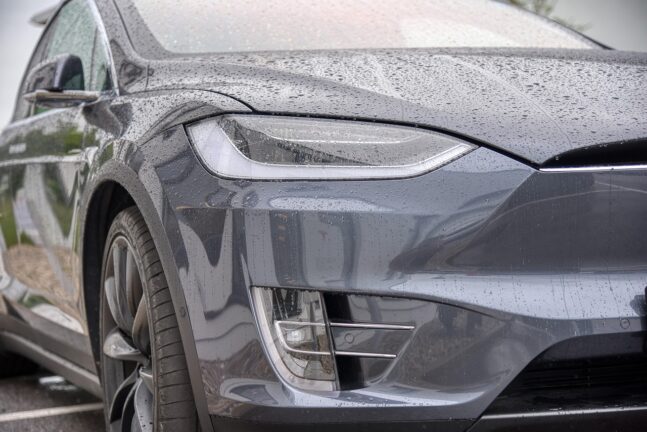Chinese automaker BYD has seen a sharp increase in European sales, jumping by 201 per cent in August, according to figures reported by Reuters and other outlets, citing data from the European Automobile Manufacturers’ Association (ACEA).
This growth allowed BYD to surpass Tesla for the second consecutive month, selling 9,130 vehicles compared to Tesla’s 8,220 units, whose sales declined by 37 per cent during the same period. Although Europe enforces a 17 per cent tariff on Chinese vehicle imports, BYD has steadily expanded its presence in the market.
Politics and car manufacture
Tesla’s downturn in Europe has in many ways coincided with CEO Elon Musk’s increasing involvement in politics, including support for former US President Donald Trump and recent positive remarks about Germany’s far-right AfD party. The shift has drawn criticism in Europe, where environmental and social values weigh heavily in consumer decisions. At the same time, Tesla’s cost-cutting efforts and shifting product strategy have raised fresh concerns about the brand’s long-term positioning in the European market. The contrasting trajectories of BYD and Tesla reflect the complex challenges and opportunities in Europe’s electric vehicle market.

The elusive European e-car
Adding to the evolving landscape, European Commission President Ursula von der Leyen highlighted in her 2025 State of the European Union address earlier this month the importance of developing a new small ‘European e-car’ which she argued would be economical and efficient.
The initiative aims to make electric mobility more accessible and affordable, supporting Europe’s broader climate ambitions and consumer needs. However, scant details have emerged about what form such a vehicle might take, or how the initiative would be implemented.











